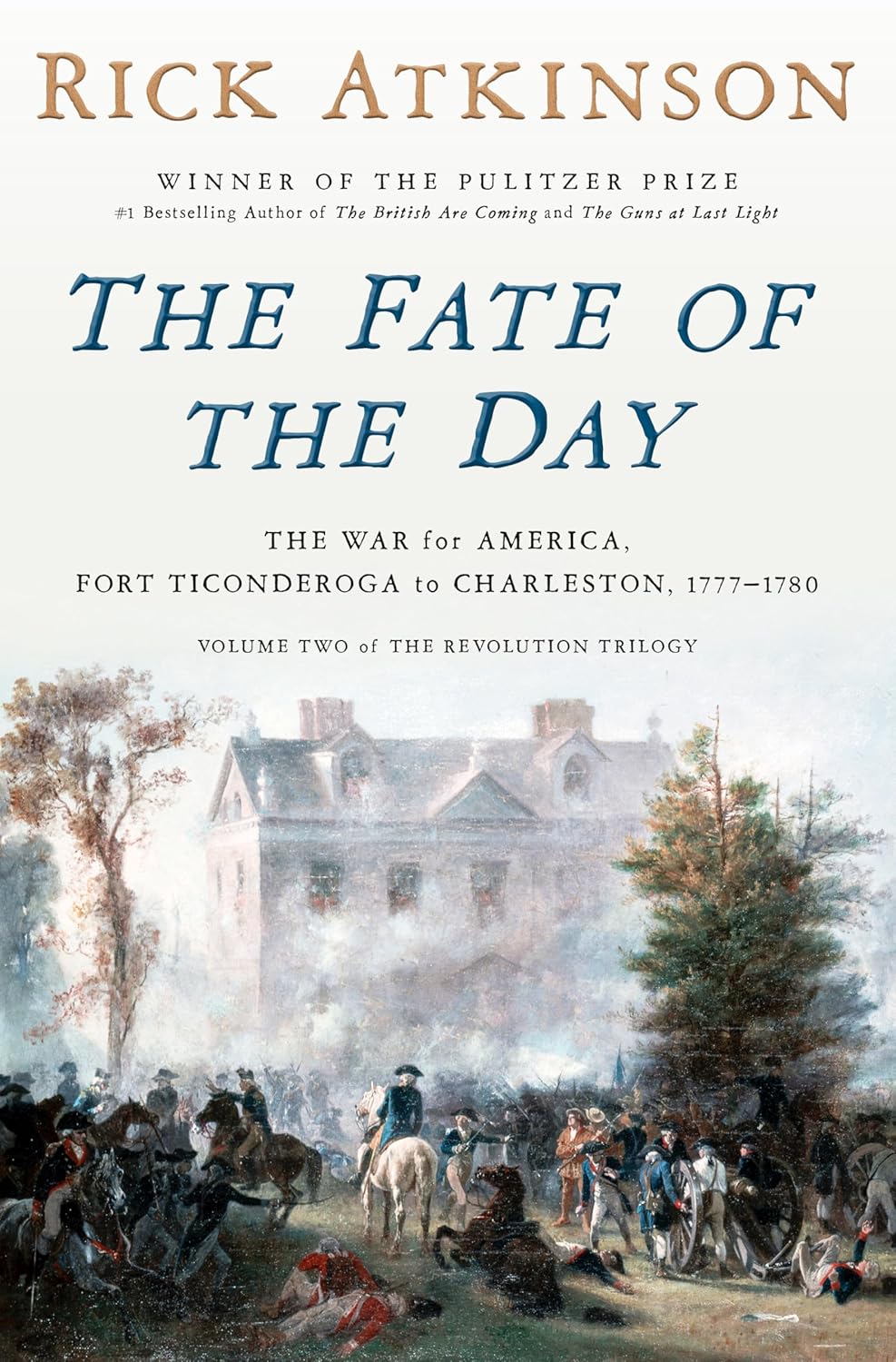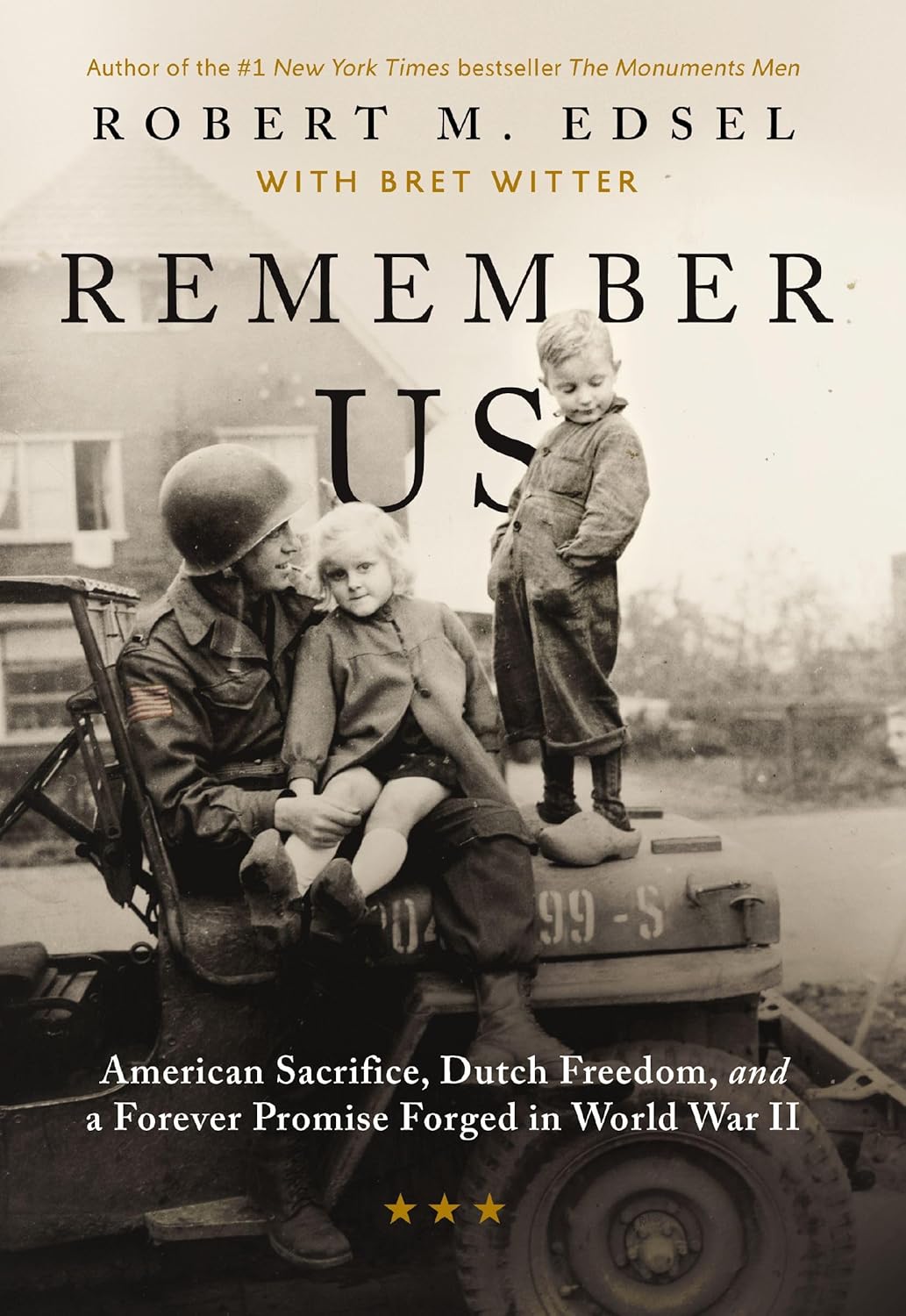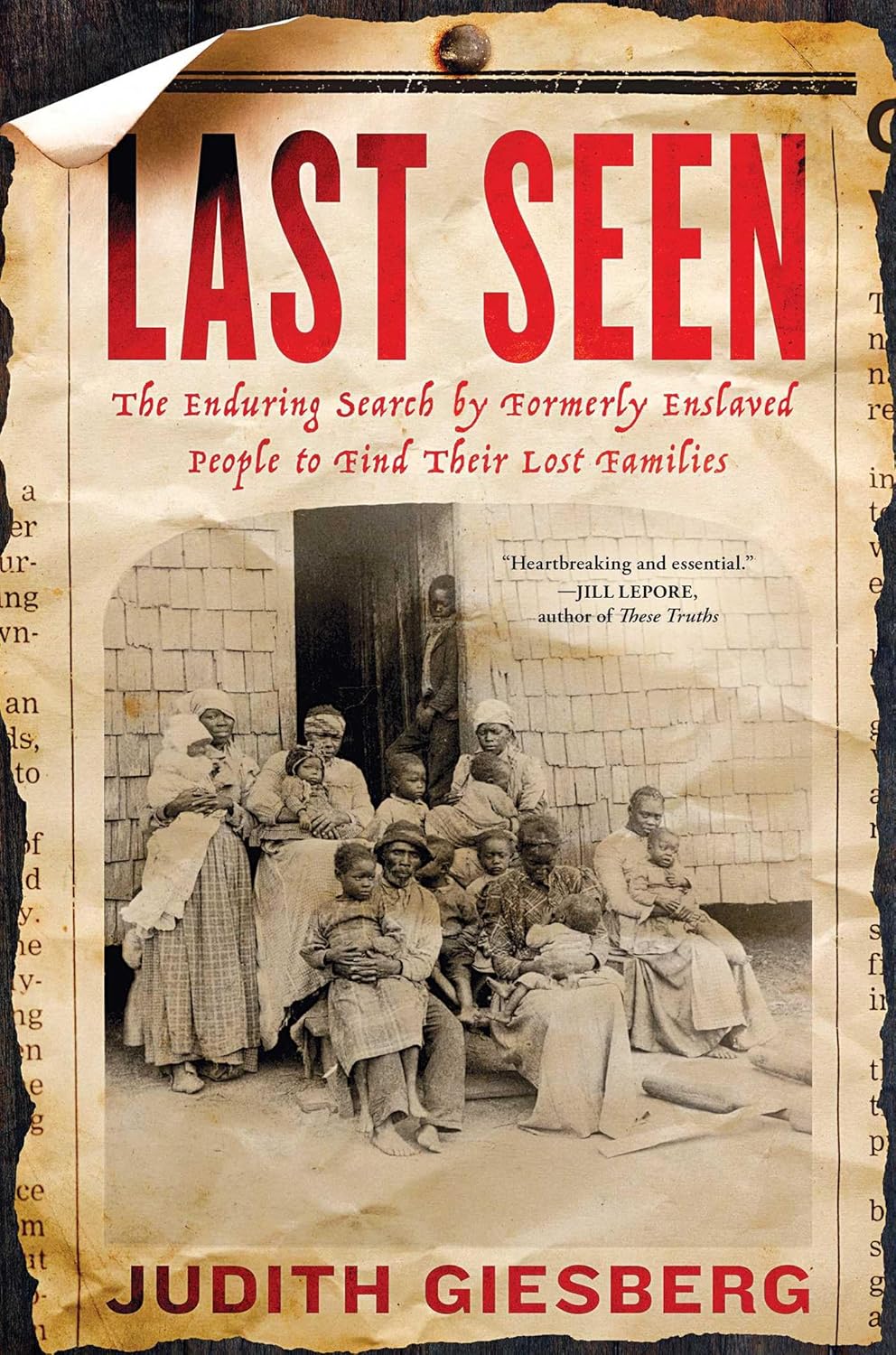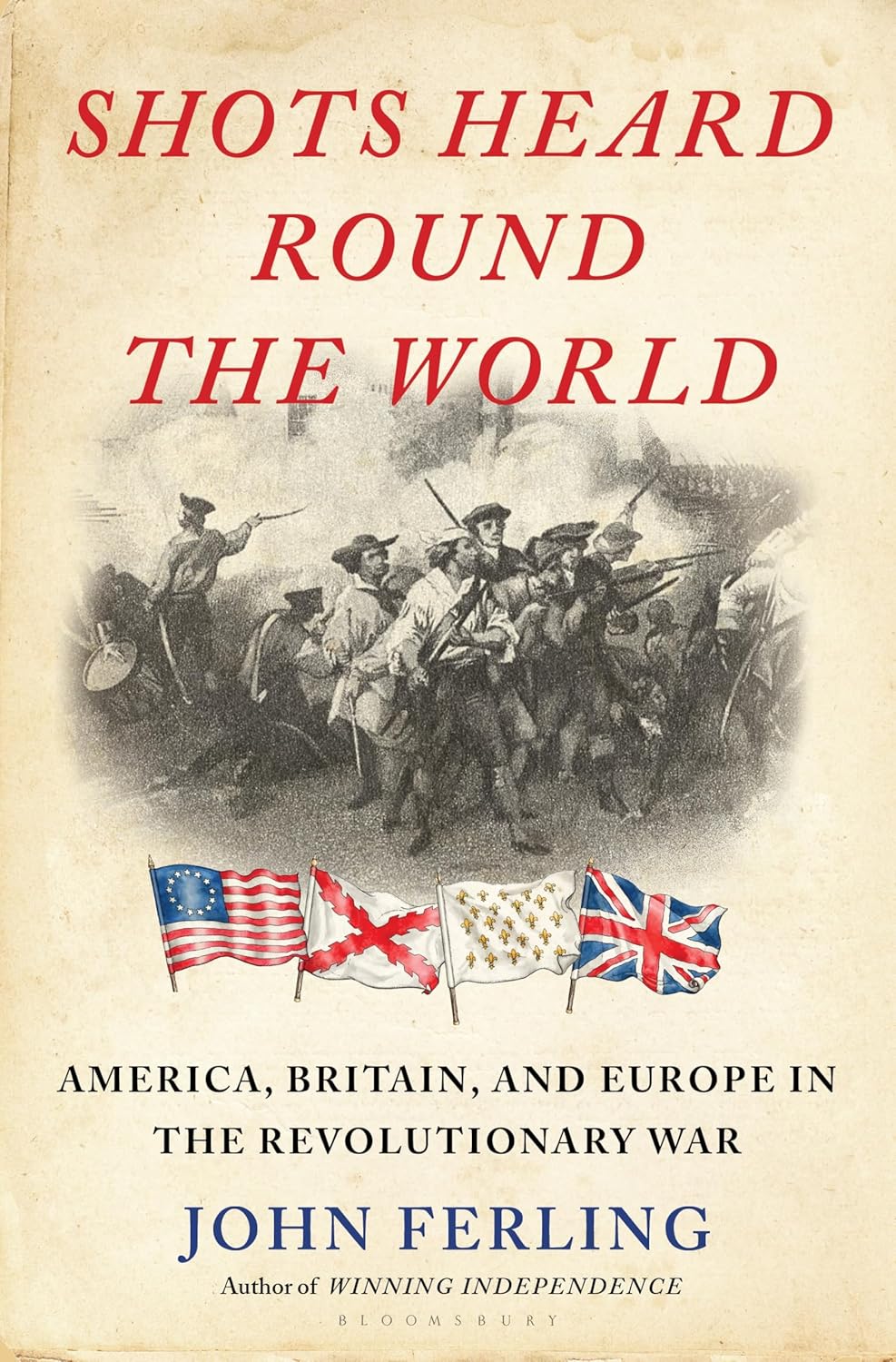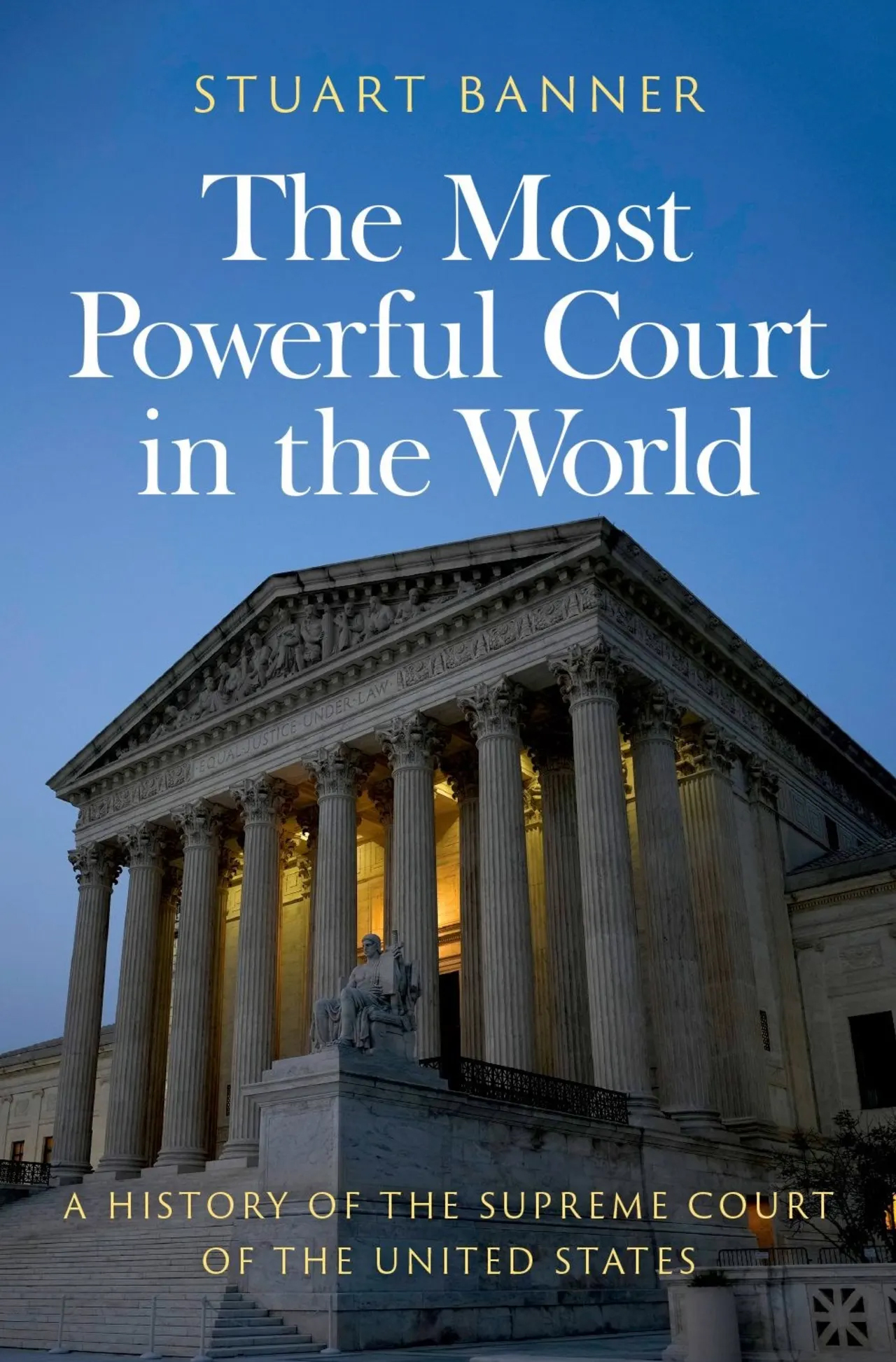Stan’s guest this week is Pulitzer-Prize winner Rick Atkinson discussing his new book, The Fate of the Day: The War for America, Fort Ticonderoga to Charleston, 1777-1780, Volume 2 of his Revolution Trilogy, published on April 29 by Crown. Rick discusses the crucial events and people—including the Siege of Savannah, Lafayette, Hamilton and Benedict Arnold—covered in his book, how he researches and writes, and his major role in Ken Burns’s upcoming Revolution documentary.
